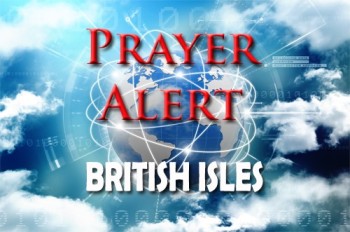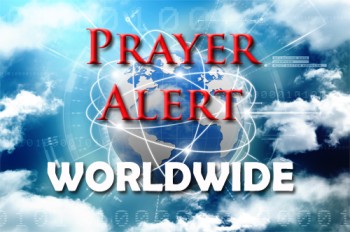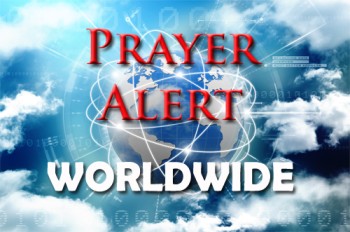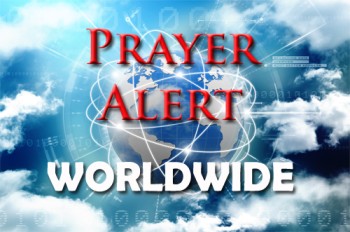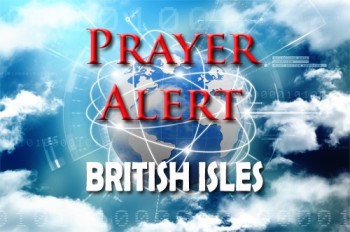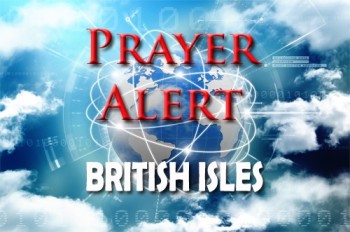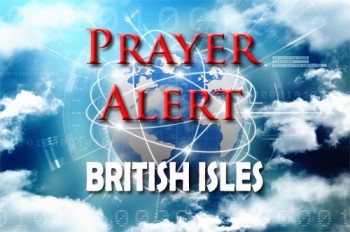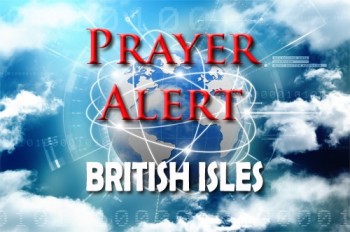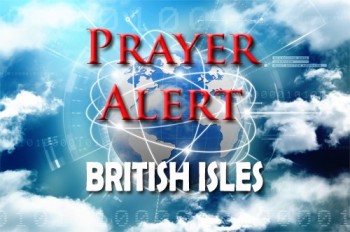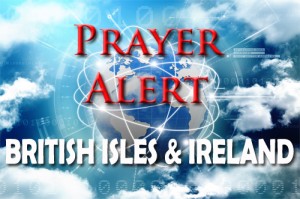Displaying items by tag: Safety
Inquests show spread of deadly synthetic drugs
Highly potent synthetic opioids known as nitazenes are being linked to a growing number of deaths across the UK, with 286 inquests connected to the drugs by March 2025. Experts warn they can be many times stronger than heroin and are often mixed into other substances without users’ knowledge. In many cases, people believe they are taking prescription painkillers or heroin, only to ingest a far more dangerous substitute. Gus, aged 21, died after unknowingly taking a tablet sold as oxycodone which contained a nitazene. His mother Nicola said she had never heard of the drug before reading his post-mortem report. Most recorded deaths were accidental, predominantly involving men, and often linked to polydrug use. Vulnerable groups, including those with unstable housing or mental health conditions, are disproportionately affected. Authorities believe nitazenes are being smuggled in small quantities by post and mixed for profit. Campaigners are urging wider access to naloxone, the overdose-reversing antidote, and improved detection systems to prevent further tragedy.
Thailand: at least 31 dead after crane collapses on train
A devastating rail disaster in northeast Thailand has left at least 31 people dead after a construction crane collapsed onto a speeding passenger train, causing it to derail and burst into flames. The accident occurred as the train was travelling from Bangkok to Ubon Ratchathani, carrying nearly 200 passengers. More than sixty were injured, several critically, as fire engulfed damaged carriages. The crane was part of a Thai-Chinese high-speed rail project, part of an ambitious plan to connect China with south-east Asia. The company concerned was involved in the construction of a Bangkok building which collapsed in March during an earthquake. Witnesses described scenes of chaos, with carriages torn open and rescue workers scrambling to reach trapped passengers. Authorities have ordered a full investigation, while political leaders have vowed accountability. The tragedy has shocked the nation and renewed public scrutiny of large infrastructure projects and the human cost when safety is compromised.
China: five killed in massive chemical explosion
At least five people were killed and six remain missing after a powerful explosion rocked the Shandong Youdao Chemical plant in Gaomi, eastern China. Occurring just before noon, the blast sent a massive plume of grey and orange smoke into the sky, shattered nearby windows, and triggered a major rescue operation. Nineteen others sustained minor injuries. Emergency teams dispatched 55 vehicles and over 230 personnel to the scene, while the ministry of emergency management sent reinforcements. Social media videos showed smoke blanketing the area, with some structures visibly damaged. Witnesses from nearby businesses reported hearing a loud bang and experiencing a strong gust of wind, which caused structural damage and panic. The cause of the explosion has not been released. Shandong Youdao Chemical, founded in 2019 and employing over 300 people, produces pesticides and pharmaceutical chemicals. The tragedy, reminiscent of the deadly 2015 Tianjin warehouse explosions which killed over 100 people, has revived concerns over industrial safety in China.
Canada: problems in ‘polar bear capital’
In Churchill, Canada, known as the ‘polar bear capital of the world’, residents live with the constant presence of the planet's largest land predator. Safety is a daily concern, with locals advised to be ‘bear aware’ and always ready to fight back if attacked. The town’s proximity to Hudson Bay is crucial to the bears, as the ice forms here first, providing access to seals, their main food source. However, climate change is extending the ice-free season, forcing polar bears to spend more time on land. This has led to a decline in their numbers by nearly half since the 1980s. Despite the long-term challenges, conservation efforts continue, with new technologies being tested to prevent human-polar bear interactions. A longer season during which the bay thaws could mean more ships coming in and out of Churchill, and the mayor is optimistic, but the future for polar bears remains uncertain as climate change intensifies.
Toxic chemicals in UK diet: stricter regulations needed
A recent report calls for stricter regulations to address the hazardous levels of chemicals in products consumed by UK residents. The investigation highlights the widespread presence of harmful substances in everyday items, posing significant health risks. Experts recommend tougher enforcement of safety standards and better public awareness to mitigate exposure to these toxic chemicals. The report underscores the need for immediate action to protect consumers and ensure safer products.
Bibby Stockholm: migrants return
Migrants have returned to the accommodation barge Bibby Stockholm, which can house up to 500 individuals awaiting asylum decisions, after it was evacuated in August due to Legionella bacteria in the water supply. The Home Office has declared it ‘safe and secure’ following remediation efforts. Using it is part of a government policy to reduce the costs of housing migrants in hotels. Critics have raised concerns about the conditions on the barge, with Amnesty International likening it to ‘prison hulks from the Victorian era’. This comes after a legal challenge against housing asylum seekers on the vessel was dismissed in court. A further judicial review challenge regarding planning jurisdiction has been initiated. The Archbishop of Canterbury had previously called for a pause in the scheme for further consultation.
Fighting coronavirus
On 2 December England launched a three-tier system to combat virus spread, and the Pfizer/BioNTech coronavirus vaccine was approved for use. It is hoped the tier system will help safeguard the gains made recently in containing the virus, and that the vaccines will ultimately make it possible for the nation to reclaim livelihoods and regain quality of life. However currently over 55 million people are in the strictest two tiers and cannot mix indoors with those in other households. Many feel their position in the tier system is unjust. Pray for a government review of the ‘human geography’ to be made sooner rather than later, so that adjustments can be made where appropriate to avoid unlawful tier crossing in the run-up to Christmas. Also pubs in tier two can only function as a restaurant and serve alcohol at the table with a substantial meal. Pray for the Government to give appropriate support to the struggling hospitality industry.
Chemists demand clarity on cannabis-related goods
Cannabidiol (CBD) is not marketed as medicinal cannabis. It does nott have a psychoactive element, and some studies indicate that it helps to control childhood epilepsy. Other people think it helps them too. Non-medicinal CBD is now on sale in High Street shops and chemists. Pharmacists are calling for better regulation of products supposed to contain CBD, saying that there needs to be clearer information and better checks on content. Currently, customers buying such products have no guarantees that they are safe, or even if they contain CBD oil at all. The oil is being added to water, chocolate, make-up, tea and coffee. It is illegal to print health claims on these products, but it is a grey area as to who checks the ingredients, or the amount of CBD oil actually in each item, many of which can be very expensive. UK sales are currently £300m.
Urgent review on police safety
Solving crime, seeing justice done, and working within communities to improve their lives is what motivates people to become police officers. Officers should not have to face assault when they take the risks of standing up to criminals and protecting people. However, after recent serious attacks on police officers and a national increase in officer assaults, an urgent review has been commissioned. It will hear from officers about their experiences and gather all the available evidence and research. It will focus on officer safety training, equipment, deployment and operational planning, investigations into officer assaults, the care provided after an assault, the response from the criminal justice system, and the extent to which it is providing a sufficient deterrent. The findings of this review will be considered at an extraordinary chief constables’ council in November.
Head of Grenfell inquiry named
Retired judge Sir Martin Moore-Bick has been chosen to lead the public inquiry into the Grenfell Tower fire. Eighty people are now presumed dead after the disaster in west London on 14 June. Born in Wales and educated at Cambridge, the 70-year-old is said to be highly respected in the profession and ‘intellectually superb’. But leading barrister Michael Mansfield QC, who has met survivors of the fire, has said it is ‘unbelievable that lessons are not learned’ from the earlier inquiry into child sexual abuse, which he claimed had not consulted the families or the survivors. ‘The same thing seems to have happened all over again’, he said. Local residents are unconvinced that the inquiry will attribute responsibility as well as identifying the cause of the blaze. Meanwhile, tests have shown inflammable cladding on 120 tower blocks in the UK, and that number is expected to rise. Aluminium composite cladding has been widely blamed for the speed with which the Grenfell Tower fire spread. See
